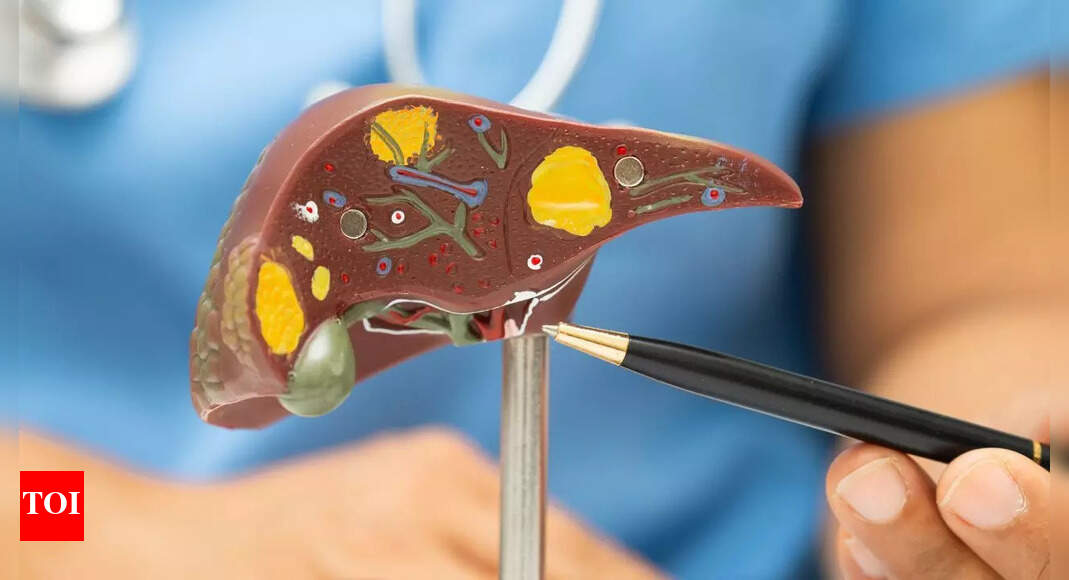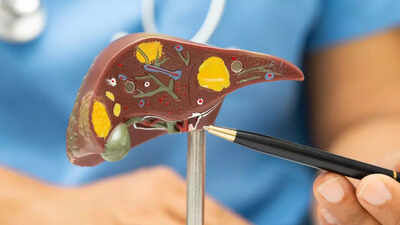
Doctors in China have reported a major milestone in organ transplantation after a 71-year-old man lived 171 days following the world’s first published pig liver transplant. The surgery, performed in May 2024 at the First Affiliated Hospital of Anhui Medical University, involved transplanting a genetically modified liver from an 11-month-old pig. The patient initially survived 38 days with the pig organ in place before it was removed when his own liver functioned sufficiently. Despite later complications, the procedure provided critical insights into xenotransplantation and showed that pig livers could serve as temporary support for patients awaiting human organ transplants.
The Pig liver transplant procedure
The patient had hepatitis B-related cirrhosis and a large liver tumor, making conventional human transplantation unfeasible. With no suitable human donors available, doctors opted for a genetically modified pig liver with 10 gene edits to reduce immune rejection and infection risks. Immunosuppressive drugs were administered to help the body accept the foreign organ. Surgeons successfully removed the tumor and attached the pig liver to the remaining portion of the patient’s liver, achieving immediate bile flow and improved liver function indicators.Initially, the pig liver functioned well, with no signs of inflammation or acute rejection. Ultrasounds confirmed normal blood flow through the portal vein, hepatic artery, and hepatic vein. However, by day 25, the patient’s heart showed signs of stress, and subsequent tests revealed inflammatory changes and possible xenotransplantation-associated thrombotic microangiopathy. On day 38, the pig liver was removed after his own liver regained sufficient function to support life.
Outcomes and insights
Although the patient ultimately passed away on day 135 due to upper gastrointestinal bleeding, the study demonstrated that pig-to-human liver transplantation could provide temporary hepatic support, bridging the gap until human organs are available or native liver regeneration occurs. Experts highlighted the procedure as an important step in xenotransplantation, offering hope for thousands of patients on organ waiting lists worldwide.The experiment underscores the potential of genetically modified pig organs in saving lives and advancing transplant medicine. Researchers and clinicians now have valuable data on immune responses, organ function, and surgical techniques, paving the way for future trials and innovations in organ transplantation.







